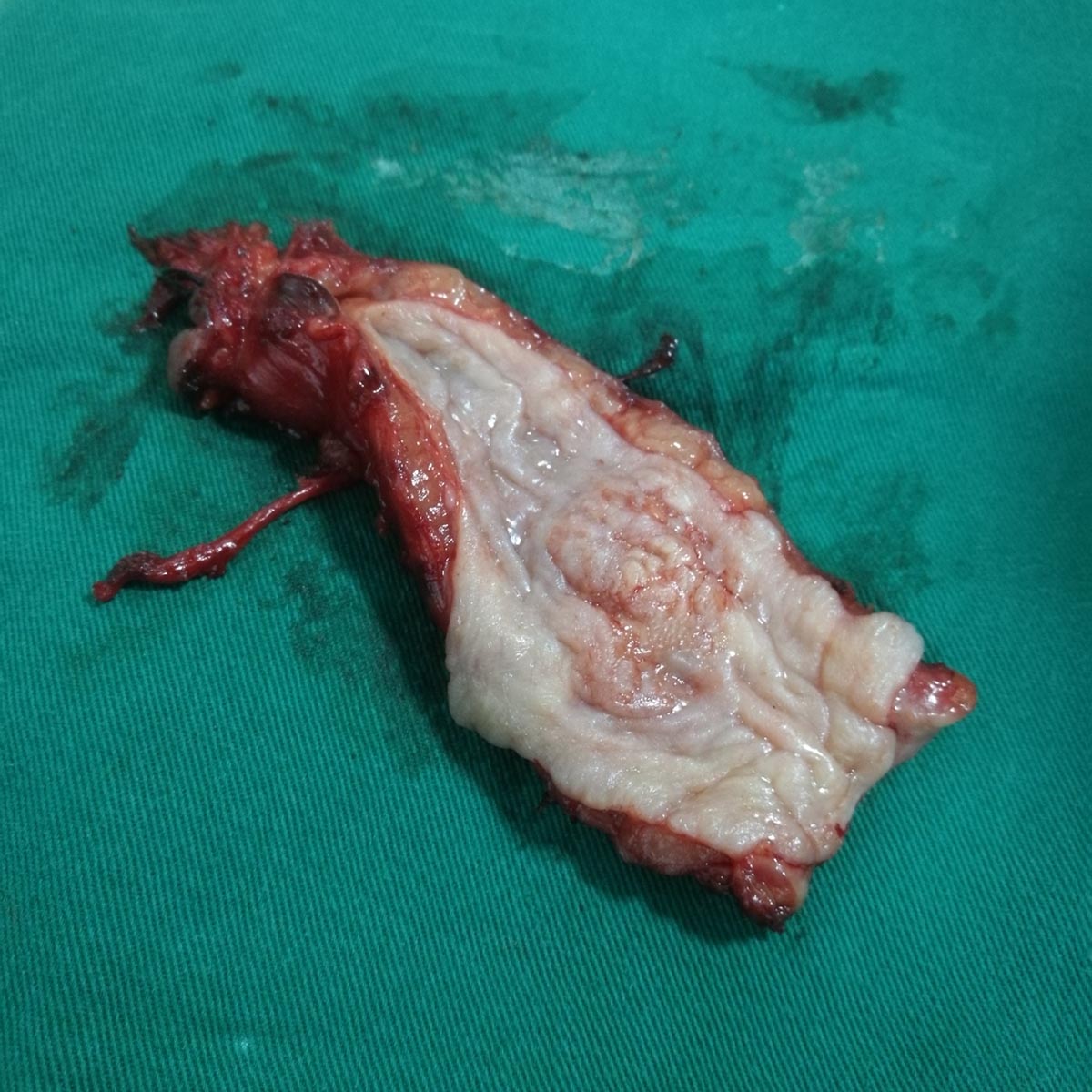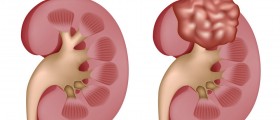
Esophageal cancer outlook
Cancer of the esophagus has many types but two are seen more often than any other. These two types are called squamous cell carcinoma and adenocarcinoma. Squamous cell used to be seen more often than the other type until several years ago. This type of esophageal cancer almost often develops in the upper and the middle part of the esophagus but it can be spotted all along the organ. Adenocarcinoma is nowadays more seen that squamous cell carcinoma in the United States. There is a huge difference between these two types when they are looked at under the microscope.The experts are not sure why one person develops esophageal cancer and the other does not. The actual cause still remains unknown but the doctors are sure about certain things that increase the chance of developing this type of cancer. These things are called risk factors. Tobacco use and heavy alcohol consumption are two risk factors that are strongly connected with squamous cell carcinoma. A person diagnosed with Barrett syndrome is more prone to developing adenocarcinoma. This syndrome is a complication of the gastroesophageal reflux disease. Apart from these, there are several other risk factors connected with cancer of the esophagus. Poor nutrition, having too much weight and being male are some of them. Both men and women can develop esophageal cancer but it is more often seen in men.
Noticing the symptoms and signs of this disease seriously increased the chance of survival. However, that is almost always hard to achieve as the signs are usually not visible until the cancer is in the later stages. Another problem is that the symptoms are the same in various other conditions. Pain behind the breastbone, difficulty swallowing, unexplained weight loss, regurgitation, heartburn and vomiting blood are some of the symptoms that occur most often.Esophageal cancer workup
When a person suspects of the cancer of the esophagus and goes to the hospital, the doctor will perform a couple of tests in order to properly diagnose the condition. In addition to these tests, the doctor will ask the patient about the symptoms, medical history and perform a physical exam. Barium swallow, EGD and biopsy, chest x-ray, MRI, a CT scan, PET scan and an endoscopic ultrasound are the tests that are ordered in almost all situations when the patient is suspected of suffering from cancer of the esophagus.Once the disease is diagnosed, the doctor will make a plan for the treatment of it. The doctor will never make the decision on his or her own and usually a number of specialists are asked for their opinion as well. Certain factors are taken into consideration when the treatment options are considered. These factors are the stage of the cancer, the size of the tumor and the general health of the patient.
Surgery, chemotherapy and radiation therapy are the treatment options that are used in almost every treatment for the patients with esophageal cancer. If the cancer is discovered in the early stages and the tumor is not a big one, then surgery is performed. The surgery has one goal and that is the removal of cancer. Both chemotherapy and radiation therapy are administrated either before the surgery of after it. The patient will receive these treatment options before the surgery in order for the size of the tumor to be reduced. In situations when the surgery cannot be performed a combination of radiation therapy and chemotherapy is administrated instead. However, these two treatment options almost never cure the disease and their goal is to reduce the symptoms of esophageal cancer and make the life of the patient as comfortable as possible.Support groups are an excellent option for every cancer patient as these groups relieve the stress the patient is experiencing due to the disease.
Certain complications can occur during the treatment for this kind of disease. Apart from problems with swallowing which are present almost all the time, a person may also experience pneumonia, serious loss of weight due to not eating properly and sufficiently and spreading of the tumor to other organs and parts of the body. The spreading of the tumor is called metastasis. There is no way to prevent developing esophageal cancer but a person can reduce the chance by avoiding the risk factors that can be avoided.
















Your thoughts on this
Loading...